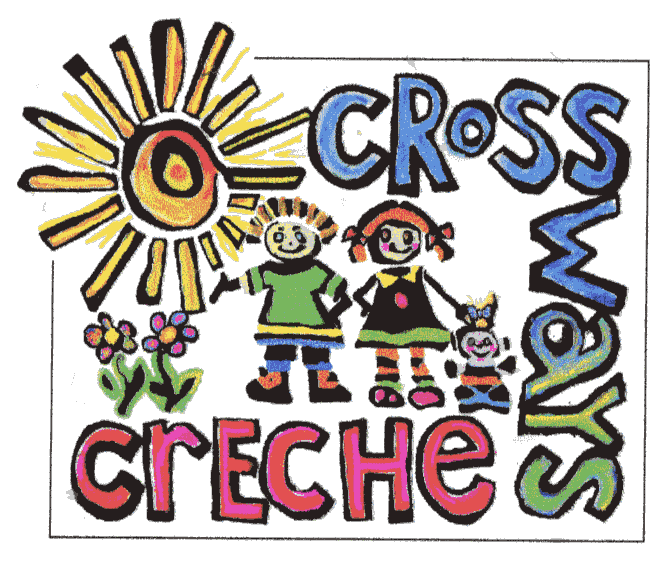Rationale: (why do we need this policy?)
For the learning and teaching curriculum to be effective it must be informed by ongoing meaningful assessment, planning and evaluation. Assessment should reflect what children know or have learned, and inform future learning and teaching. Planning for learning should be a collaboration between whānau - Child – Kaiako. Authentic evaluative practices provide a celebration of learning and fuel our growth as a learning community, ensuring we continue to provide a high quality education and care that benefit the children of today and the future.
“Assessment is the process of gathering evidence about children’s learning, summarising, analysing it, and then using the knowledge gained from this process to further children’s learning…. Information gained is used to extend children’s learning through the planning of responsive learning experiences, the effectiveness of which are later evaluated by educators.” (Mary Jane Drummonds 2012)
Objective: (what do we hope this policy will achieve?)
The curriculum is built on the contributions made to the programme (beliefs, values, knowledge, and aspirations) by the children, their whànau, teachers and community.
Experiences planned to support and enhance children’s learning will be purposeful and meaningful to them.
Documentation and evidence gathered during planning will inform the curriculum and kaiako practice, and ensure ongoing growth and development for each child, groups of children and the learning community.
Identity, culture and language are essential ingredients to success for all children and should be foregrounded within assessments, planning practice and documentation.
Assessment practices will reflect the principles of Te Whāriki and consider the whole child in the context of their whānau and community. Practices will place value on responsive and reciprocal relationships with people, places and things, respect the child’s mana and empower them to learn and grow.
Guidelines: (how will we achieve it?)
Assessment will be both informal and formal. Assessment of learning may be done informally in the moment or formally documented and responded to in the near future.
A summary assessment may be used to give an overview of a child’s engagement in the curriculum.
Formative assessment will be used to inform the teaching and learning process.
Informal assessment occurs moment to moment as kaiako listen to, observe, participate in and respond to children’s engagement within everyday events and experiences.
Formal assessment takes place when kaiako document children’s engagement with the curriculum. Kaiako may draw from a range of assessment methods depending on the purpose and focus of the assessment. By analysing assessment information, gathered over time, kaiako are able to notice children’s capabilities, consider possible pathways for learning, and plan to support these.
Assessment documentation will make visible individual children’s learning progress in relation to the learning outcomes of Te Whāriki, and the learning priorities of the Crossways Créche community. It will be used for curriculum planning and for informing children, parents and whānau, kaiako and others about learning and progress over time.
Kaiako will take the principles and strands of Te Whāriki, and, in partnership with parents and whānau, use them to ‘weave’ a curriculum that is specifically designed for the children in our location.
Kaiako will use assessment to find out what children know and can do, what interests them, how their learning is progressing, what might be the next step, and identify areas in which they may need support.
Kaiako will use knowledge gained from assessment to make teaching and learning more effective and enhance the curriculum implementation for groups and individual children.
As children grow increasingly capable, kaiako will activity seek their contribution to the planning and assessment of their own learning journeys.
A kaupapa Māori approach to assessment situates the child within Māori ways of knowing, being and doing. Assessment should recognise and support the educational aspirations of whānau for their tamariki.
The framework guiding our teaching and learning assessment approach is found within the dispositional learning theory outlined by Margaret Carr in “Assessment in Early Childhood Settings”. Learning dispositions parallel the five strands of learning and development outlined in Te Whāriki.
Time and space is provided for kaiako to record and analyse each child’s significant learning. The development of a collaborative and holistic understanding of each child’s learning and of teaching practice is at the core of assessment. Researching, self-reflection and intuition are vital tools for meaningful assessment.
References
Drummond, M.J. (2012). Assessing children’s learning. New York, NY: Routledge
Carr, M. (2001). Assessment in early childhood settings: Learning stories. London, United Kingdom: Paul Chapman Publishing.
Ministry of Education. (2008). Te whāriki: He whāriki matauranga mo nga mokopuna o Aotearoa: Early childhood curriculum. Wellington, New Zealand: Learning Media.
Te Whatu Pōkeka: Kaupapa Assessment for Learning Māori:
Kei Tua o te Pae. Assessment for Learning: Early Childhood Exemplars
Approved date: March 2022 Review date: March 2024